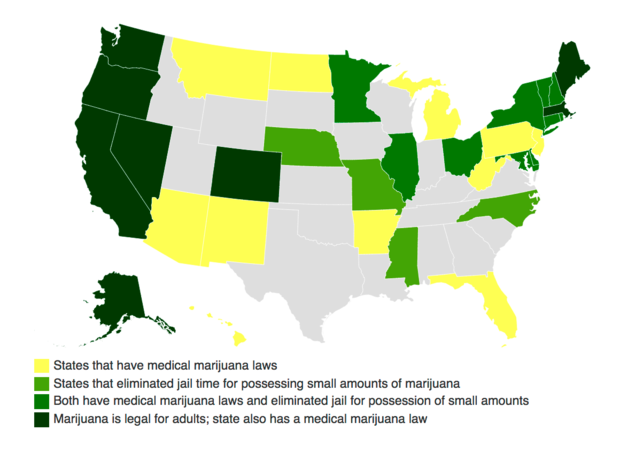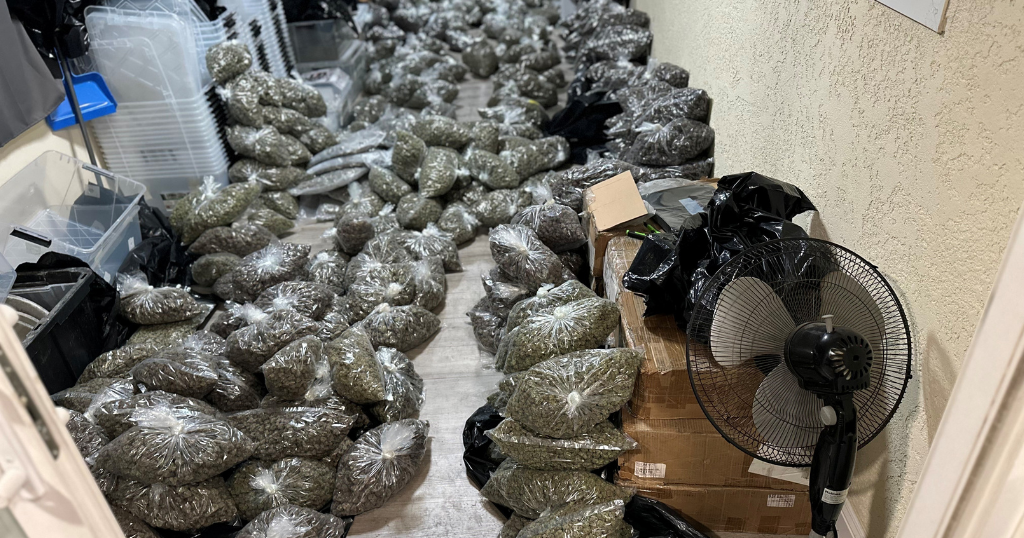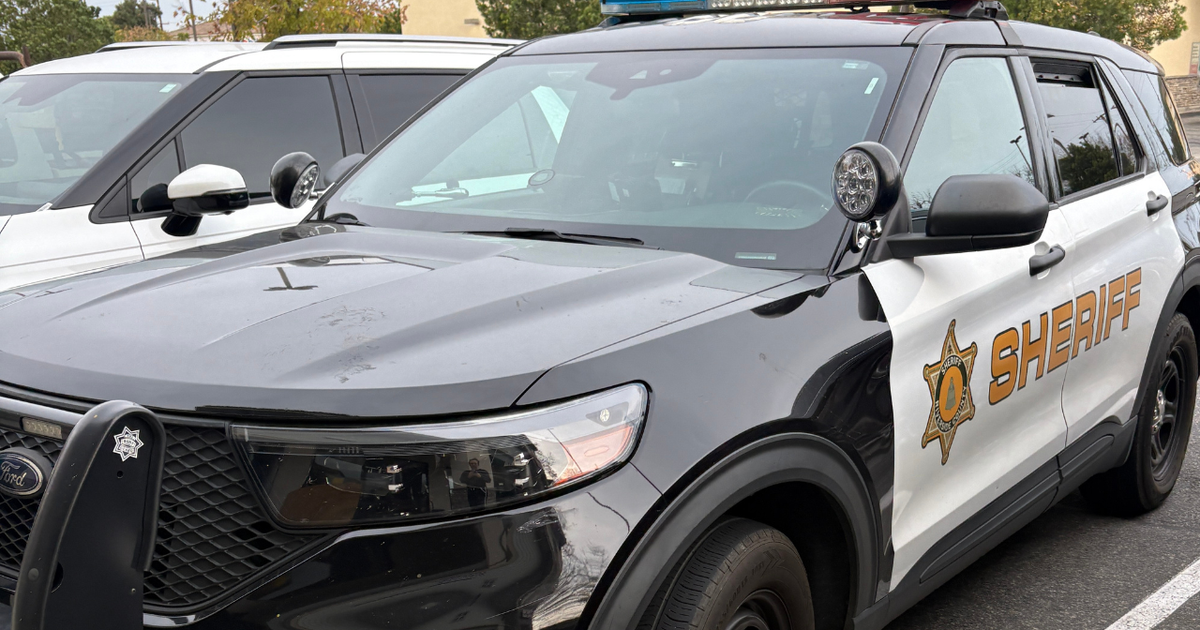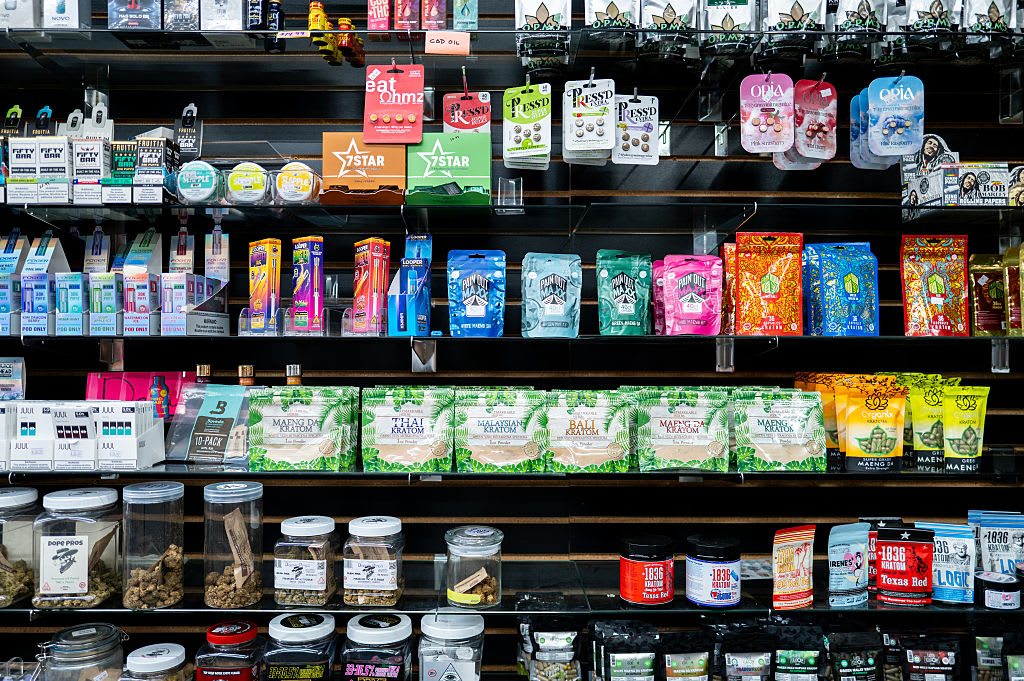Is cannabis too lucrative to be illegal?
Dave owns a retail business in the foothills of the Sierra Nevada mountains in California. He was selling everything from flat-screen TVs to furniture -- until Amazon (AMZN) crushed his brick-and-mortar warehouse store with its online merchandise, forcing him to put it up for sale.
His realtor -- a conservative pillar of the local church -- reluctantly told Dave the only potential buyer was someone who would turn the building into an indoor marijuana farm.
Dave hopes his realtor can seal such a deal, particularly since Californians voted in 2016 to legalize "full recreational use" of marijuana. The realtor "may be anti-drug, but he's pro-money," said Dave.
That's the direction the whole country is heading. The laws against marijuana can't fight the free market, including the $100 billion in annual potential profits and the $28 billion states could reap in tax revenue. Most important, the many forms that marijuana can morph into make it a product that's portable, even potable and able to escape detection if transported across state lines.
"When people think of cannabis, they think of the growing and selling of plants," said Danny Davis, a managing partner at Convectium, a business services company that specializes in funding and supporting the marijuana industry. "But companies are making major investments in extraction equipment to provide oils, tinctures and waxes."
Just like liquor, which can be distilled into stronger forms, so can marijuana, which can also be distilled into smaller forms. Pot that you buy can be hidden in a perfume bottle, in a "topical cream" used at the beach or in the spice cabinet of your kitchen, and no one will be the wiser. You can even get cannabis "oil pens" and "battery kits."
A potent extract of cannabis can easily be put into a vaporizer and inhaled, and that concoction could be three times as strong as a marijuana cigarette, which itself is much stronger now than it was in the 1960s when pot began entering mainstream American culture.
A study by marketing research firm Brightfield Group, which focuses on legal cannabis, sums up the changeover from "flower" use, i.e. a bag of pot, to extracts and edibles. "Flower use was more commonplace when access to cannabis was limited to illicit channels and before more sophisticated means to process it came about," said Brightfield senior analyst Jamie Schau in a statement. "But today, flower use and sales are declining. People are veering more toward concentrates and edibles that serve their specific needs."
But this doesn't mean loose pot will go up in smoke. Brightfield predicts that flower sales will double over the next four years, while concentrates will triple.
And as far as potency is concerned, "it's now possible with extraction to deliver pure THC [the principal ingredient responsible for cannabis' euphoric high]," said Norman Olson, director of marketing at Hightech Extracts.
In places where marijuana is illegal -- technically the entire U.S., according to the federal Controlled Substances Act, which considers pot a dangerous "Schedule 1 drug" -- it's still possible to catch someone with these extracts, do a chemical analysis and charge them with a crime. But with cell phone video putting law enforcement nationwide under a microscope, many local and state police don't think it's worth the risk, particularly when laws are vague and contradictory.
The State of Marijuana Laws
The marijuana map shows that while cannabis isn't legal in Utah, it's nearly surrounded by states where it is. Colorado and Nevada currently permit recreational use, and Arizona allows it for medical purposes. In Venice, California, "The Green Doctors" have made the rounds on the boardwalk for years, offering tourists a pot prescription for any imaginary -- or real -- aches and pains.
The situation is the same in Indiana. Neighboring Illinois, Michigan and Ohio all have pro-pot privileges, and there's no barrier at the state border.
Looming over any anti-marijuana movement in the U.S. is the specter of Canada, where Prime Minister Justin Trudeau recently introduced a bill that would allow Canadians over the age of 21 to legally purchase and carry up to 30 grams of marijuana -- just over an ounce -- beginning July 1, 2018. Given how many U.S. citizens go to Canada to fill their medical prescriptions at cheaper prices, they could consider a few ounces of pot as an additional purchase.
Trudeau's proposal also contains a home-growing option of up to four cannabis plants per household. If it becomes law, Canada would be the first developed country to legalize recreational weed. Mexico allows it for medical use.
Could the U.S. join Canada? On Aug. 1, Sen. Cory Booker, D-New Jersey, introduced the "Marijuana Justice Act," which would legalize pot nationwide. The former mayor of Newark, New Jersey, said his motivation was to keep minorities out of jail. "The failed War on Drugs has locked up millions of nonviolent offenders, especially for marijuana-related offences, with a devastating impact on Americans of color and the poor," said the senator.
According to a 2015 federal report, about 100,000 people are in federal jails on nonviolent, drug-related offenses, a number that's risen by more than half since the start of the century. But opposing Sen. Booker's effort is U.S. Attorney General Jeff Sessions, and no hearings have been planned yet.
Meanwhile, states will continue to promote pro-pot legislation, while the feds mostly turn a blind eye to what's -- literally -- growing all around them: The District of Columbia legalized marijuana in 2014.
One argument against wholesale legalization of marijuana has been that it's a "gateway drug" to stronger and more addictive potions such as heroin. But since doctors have already written millions of prescriptions for opioids like oxycontin, that argument carries little weight. An estimated 26 million to 36 million people abuse opioids worldwide, and in the U.S. nearly 500,000 are addicted to heroin.
A second argument -- that marijuana may be responsible for more highway accidents and deaths -- could have some validity. An Insurance Institute of Highway Safety study of three Western states, Colorado, Oregon and Washington, showed that accidents rose 3 percent after marijuana was legalized. But the study couldn't directly correlate marijuana use to the accidents.
A University of Texas study detected a slight rise in fatalities in states that had legalized a form of marijuana, but it didn't find it to be "statistically significant" -- at least at this time.
The driving debate aside, economics are all on the side of pot proponents. A "Cannabis Financial Network" even handles advertising specifically for marijuana companies. Cannabis investment firm American Green bought the entire 80-acre town of Nipton, California, in the Mohave Desert. It may soon bloom with marijuana.
What's next? With shopping malls on the decline, maybe those like Minnesota's Mall of America could become the Mall of Marijuana, selling all the pot-related products along with marijuana-infused brownies, as well as T-shirts and caps with pictures of the iconic plant. Such marketing would only further increase demand for cannabis -- perhaps soon to be totally legal?





